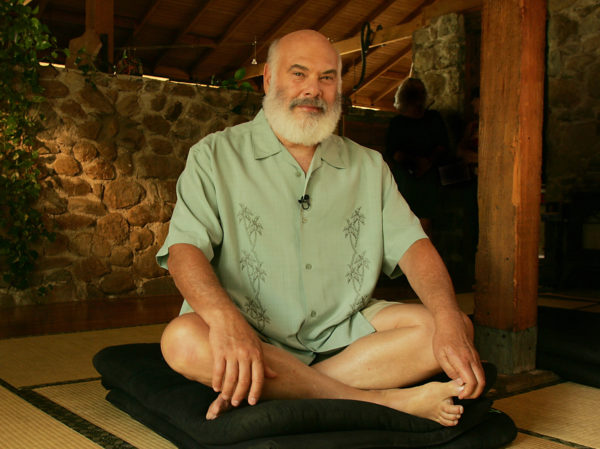Dr. Weil's Heart Health

Millions of people have learned to take better care of their hearts from Dr. Weil. How does he care for his own?
It’s my understanding that you have some genetic susceptibility when it comes to heart disease, is that right?
Yes, my father had a mild first heart attack in the fall of 1961, when he was 49 years old. Later on, he had two coronary bypass operations, and was able to live until he was 81. My father was a smoker and his diet was not at all good by my standards, but I think there was a genetic propensity, because my grandfather on that side had died of a heart attack at age 50. Also, his wife – my grandmother – had coronary artery disease and angina.
So you have had this knowledge all your life.
I have. And personally, early in life, I had a benign arrhythmia – technically, it’s called paroxysmal superventricular tachycardia. It’s brief episodes of rapid heartbeat. There are natural ways to mitigate that condition and I almost never get those anymore, but it made me somewhat anxious about my heart health. Also, I had a tendency toward high blood pressure. One of my motivations for becoming a vegetarian, exercising daily and adopting a healthy lifestyle was I knew my family history and I saw the potential for problems. As you know, I eat fish now, but other than that am still basically vegetarian.
Do you believe that coronary artery disease is mainly an inflammatory condition?
I think it is a mulitfactorial condition, but yes, the root cause is chronic inflammation, which is one reason I so strongly emphasis the anti-inflammatory diet. The other risk factors, such as high blood fats and high cholesterol, follow from that.
On this Web site, there is specific advice for helping to prevent or lessen coronary artery disease, so rather than repeat that, let’s talk about some laboratory tests that can serve to provide early warning for coronary concerns.
What about homocysteine?
Homocysteine is an amino acid in the blood, it’s a byproduct of protein metabolism. High levels are an independent risk factor for coronary artery disease. It’s easy to get the levels down through supplementing with folic acid and vitamin B6. I think it’s worth getting tested for.
And how about C-reactive protein?
This is an indicator of inflammation. Blood level of C-reactive protein is not as specific an indicator as we would like it to be for coronary artery disease, but I think it makes sense to get tested for it, particularly if you are at high risk. It can be brought under control with an anti-inflammatory diet and lifestyle, and also with low-dose aspirin and statin drugs.
You swim daily and practice stress reduction. Aside from that, what’s your personal supplement and medication regimen for heart health?
I have genetically low HDL cholesterol. There are really no reliable pharmaceutical methods for raising that. Given that, my physician and I thought it would be better to bring my LDL lower. I used Cholestin [a proprietary supplement] when it was still made from red rice yeast, and had excellent results, but it was ordered off the market after pressure was put on the FDA, so I have been on the lowest dose of Lipitor, 10 milligrams, for two or three years. I have had no ill effects from it. I also take coenzyme Q10 as general protection against oxidative stress and to offset the side effects of the statin, and I take two low-dose aspirins per day. I also take two grams of fish oil per day, and I eat fish two or three times per week.
And I assume you get regular checkups?
I do, including a cardiogram and a lipid profile. I’m happy to say, it all looks very good.













